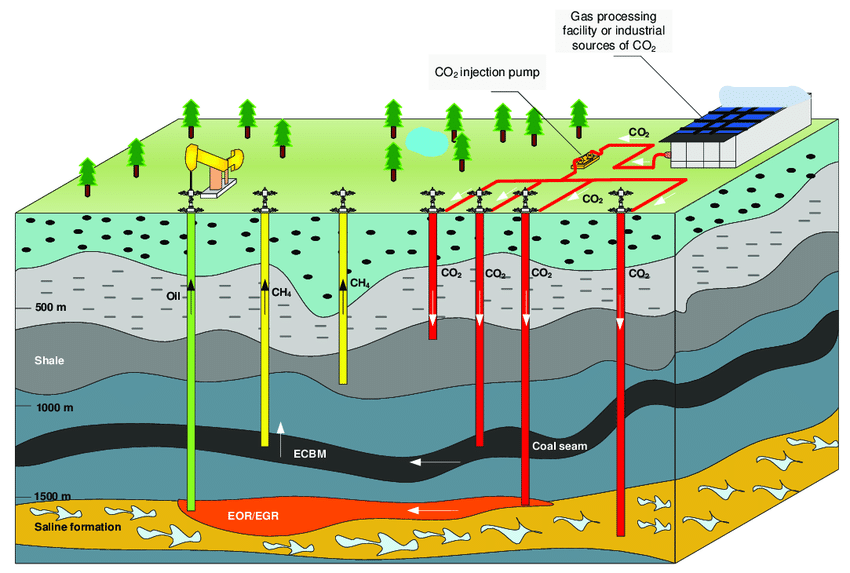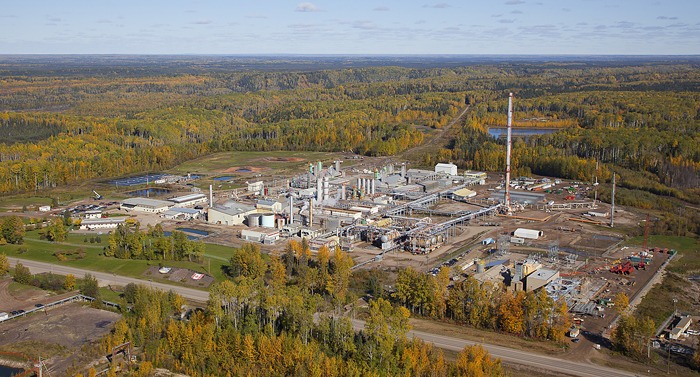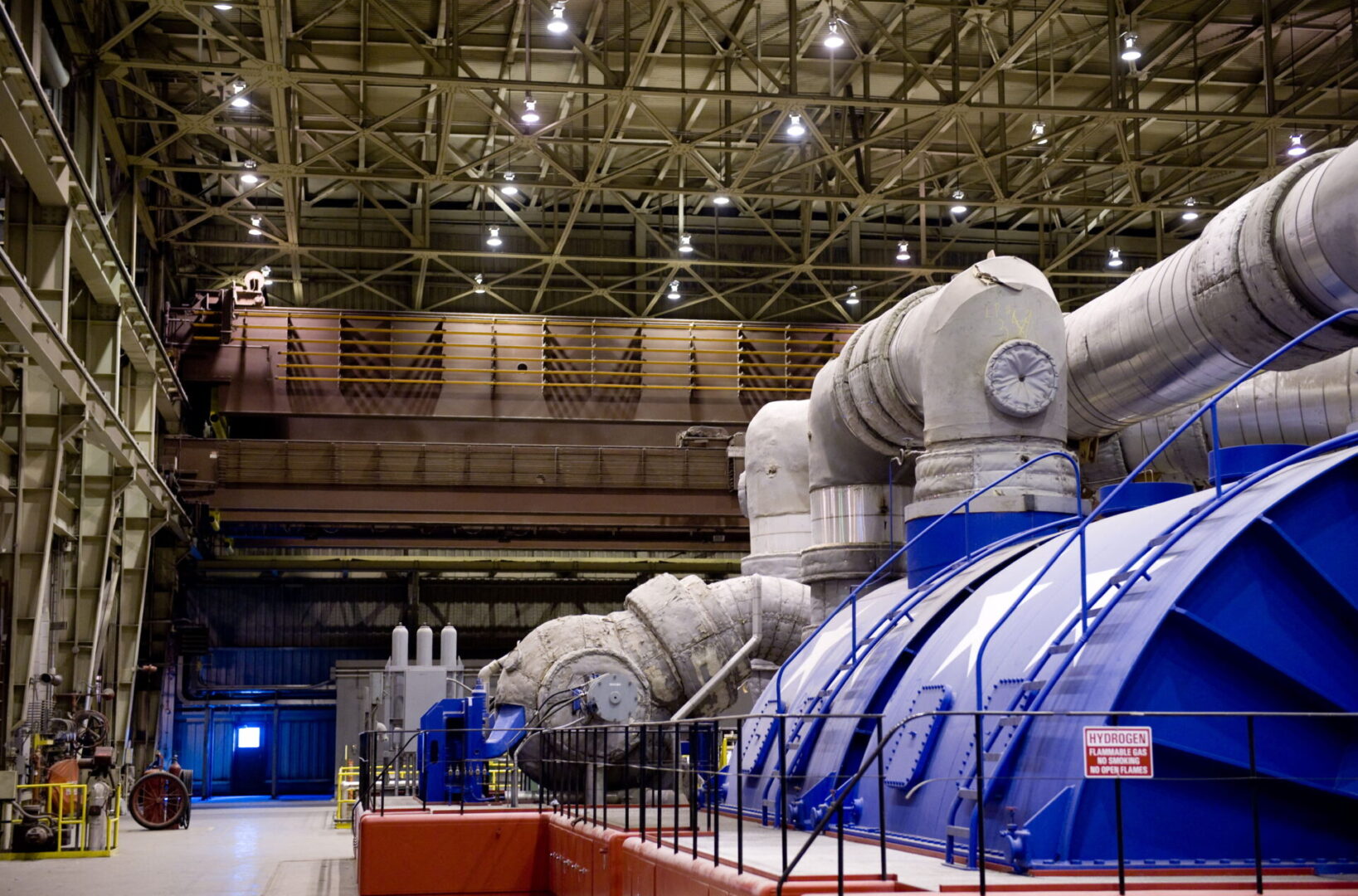The potential for CCUS to create new jobs and industries
Exploring CCUS Opportunities===
Carbon capture, utilization, and storage (CCUS) is a promising technology that can help reduce greenhouse gas emissions while creating new job opportunities and boosting economic growth. CCUS has the potential to create a new industry that could be worth billions of dollars worldwide. In this article, we will explore the potential of CCUS to create new jobs and industries, the benefits of this technology, and its role in greening existing industries.
CCUS: Creating Jobs and Boosting Economy
The deployment of CCUS can create a significant number of jobs in various sectors, including engineering, manufacturing, research and development, construction, and operations. According to a report by the International Energy Agency, CCUS could create 10 million jobs worldwide by 2050. The development of CCUS infrastructure can also stimulate local economies by attracting investments and generating revenue for local businesses.
The Rise of CCUS and Its Benefits
CCUS technology captures carbon dioxide emissions from industrial processes, power plants, and other sources and stores them underground. This technology can help reduce greenhouse gas emissions and mitigate climate change. Additionally, the captured carbon dioxide can be utilized in various applications, such as enhanced oil recovery, chemicals production, and building materials.
The Job Market of CCUS: An Overview
The job market for CCUS is growing rapidly, and there is a demand for skilled professionals who can develop and operate CCUS projects. The required skills include engineering, geology, chemistry, and project management. Professional associations, training programs, and educational institutions are offering courses and certifications to prepare individuals for CCUS-related jobs. Governments and private companies are also investing in research and development to improve the efficiency and cost-effectiveness of CCUS.
CCUS’s Role in Fostering New Industries
CCUS has the potential to create new industries and products that can stimulate economic growth. For example, the captured carbon dioxide can be used to produce chemicals and materials, such as plastics, cement, and fertilizers. These products can replace their fossil-based counterparts and reduce greenhouse gas emissions. The development of CCUS infrastructure can also attract private investments and create new business opportunities for existing industries.
Greening Industries with CCUS
CCUS can play a crucial role in greening existing industries by reducing their carbon footprint. For example, CCUS can capture carbon dioxide emissions from power plants and industrial processes, such as steel and cement production. The captured carbon dioxide can then be stored underground or utilized in other applications. CCUS can help these industries transition to a low-carbon economy while maintaining their competitiveness and creating new job opportunities.
CCUS: A Promising Solution for Job Creation
CCUS has the potential to create millions of new jobs worldwide and boost economic growth. The deployment of CCUS infrastructure can stimulate local economies by attracting investments and generating revenue for local businesses. Additionally, CCUS can create new industries and products that can replace their fossil-based counterparts and reduce greenhouse gas emissions. The job market for CCUS is growing rapidly, and there is a demand for skilled professionals who can develop and operate CCUS projects.
A Bright Future for CCUS and Economy===
CCUS is a promising technology that can help mitigate climate change while creating new job opportunities and boosting economic growth. Governments, private companies, and professional associations are investing in the development of CCUS infrastructure and the training of skilled professionals. The rise of CCUS can create a new industry that could be worth billions of dollars worldwide. With the right policies and investments, CCUS can play a crucial role in building a sustainable and prosperous future for all.











